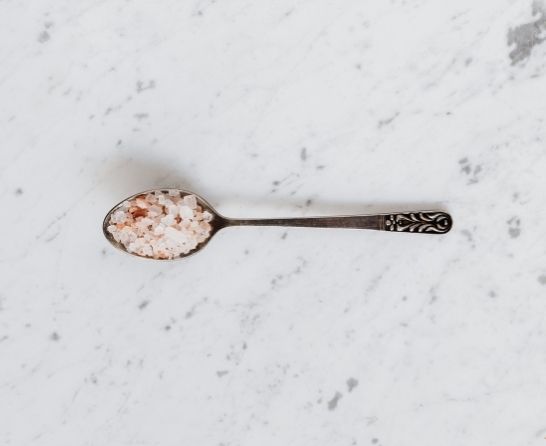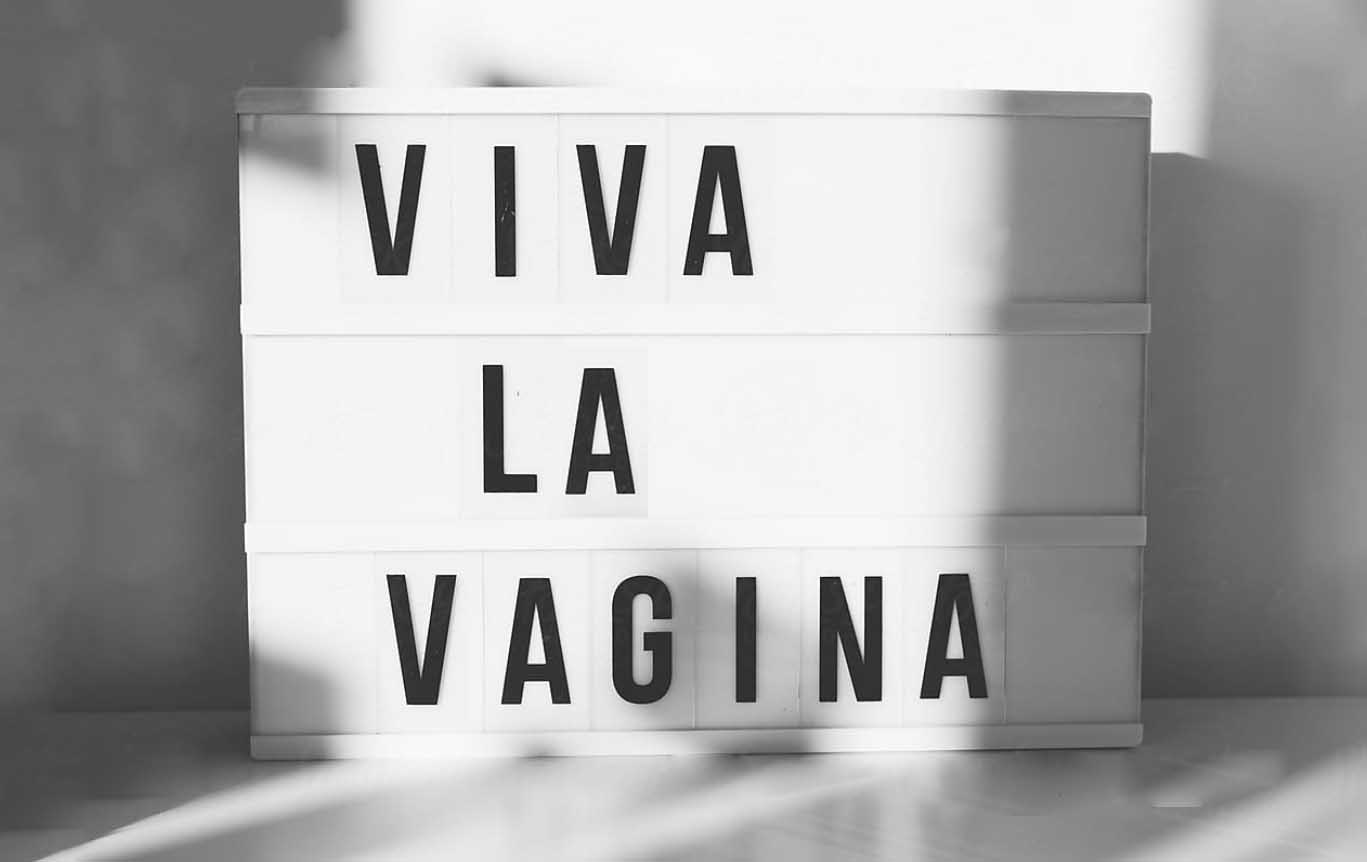-
Written by Maslowski, MBChB, PGDipOMG

Have you heard of iodine? Did you know how having low iodine levels can affect your periods? Today we will talk about iodine and why it is important for our bodies.
What is iodine?
Iodine is a mineral that our bodies need to function properly. It is important for our thyroid gland to make thyroid hormones.
How does iodine affect my periods?
Not having enough iodine means that our bodies can’t make enough thyroid hormone. This can lead to hypothyroidism (the medical term for low levels of thyroid hormone). This can cause changes with your periods. The most common disruptions in the menstrual cycle caused by iodine deficiency are heavy periods and irregular periods.
Where does iodine come from?
Unlike most important vitamins and minerals, which we can easily get from our food, iodine is not as readily found in things we eat.
There are some parts of the world where this is a bit harder because there is not much iodine in the soil (and therefore not much iodine in the food that is grown there). These places include South and Southeast Asia, many European countries and New Zealand.
Pregnant women are also at risk of low iodine, as are people who don’t eat iodised salt or those who are strictly vegan or vegetarian. If you don’t eat animal products (including fish) then it might be a good idea to take iodine supplements. If you think you might need this then talk to your healthcare professional.
The Vegan Society also has useful information about iodine for people who don’t eat animal products.
How can I increase my iodine levels?
The easiest way to increase your iodine intake is to make sure you are using iodized salt. This way, every time you add salt to a meal you are also adding iodine.
Seafood and food products such as seaweed are usually the best sources of diet-based iodine. The iodine content of seaweed can depend on where the seaweed has come from. It pays to check the packet, but Japan is a source of seaweed that has good iodine levels.
Other food sources of iodine include fish, shrimp, egg and tuna. If you don’t eat seafood, yogurt is a pretty good source of iodine.
What if I am pregnant or breastfeeding?
Iodine is especially important for pregnancy and breastfeeding. Pregnant or breastfeeding women need more iodine than other people and are more likely to be deficient. Iodine deficiency can also have important consequences for you or for your baby.
In places where iodine deficiency is common, iodine supplementation is recommended throughout pregnancy and while you are breastfeeding. Talk to your doctor or midwife if you are not sure if this applies to you.
Can I have too much iodine?
Yes.
Just like most other things in our bodies, there needs to be a balance of how much iodine we have. Too much can also be harmful.
If you are taking iodine supplements make sure you are sticking with the recommended dose. Taking 0.5mg or less of iodine supplements is not likely to cause problems.
So, what now?
Most of us are able to get plenty of iodine just by eating a balanced diet.
If you have heavy or irregular periods or are worried that your thyroid might not be functioning normally then talk to your doctor to see if you need to change anything.
Disclaimer: This website does not provide medical advice. The information, including but not limited to, text, graphics, images and other material contained on this website are for informational purposes only. No material on this site is intended to be a substitute for professional medical advice, diagnosis, or treatment. Always seek the advice of your physician or other qualified healthcare provider with any questions you may have regarding a medical condition or treatment and before undertaking a new health care regimen, and never disregard professional medical advice or delay in seeking it because of something you have read on this website.

-


Dr Singh is the Medical Director of the Indiana Sleep Center. His research and clinical practice focuses on the myriad of sleep.




